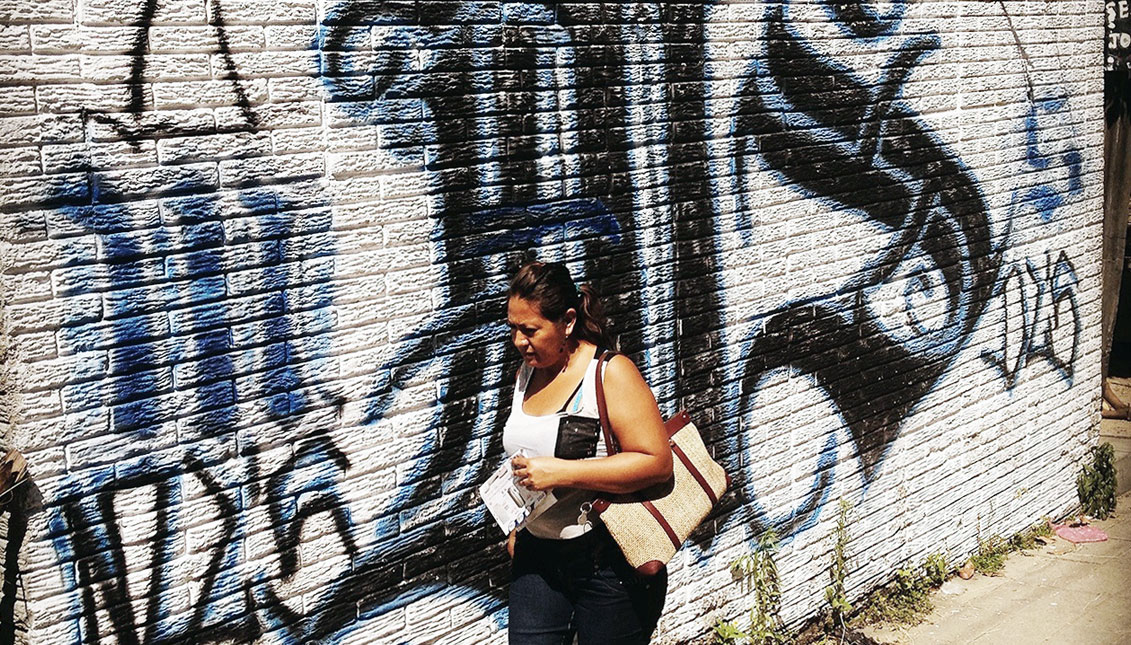
The Coronavirus and The Salvadoran Maras: Two Sides of The Coin
In El Salvador, gangs have agreed to force the population to comply with the quarantine imposed by the President, Nayib Bukele.
The small Central American country of El Salvador was the first to close its borders in an attempt to contain the arrival of COVID-19 in its territory. Faced with the impossibility of containing the advance of the virus, President Nayib Bukele imposed a 30-day quarantine, beginning on 21 March.
The quarantine, as has happened everywhere, has had other effects in addition to containing the epidemic.
In a country with a high level of informality in the economy and without a strong social security service, it has happened that vulnerable parts of the population have no way of accessing the 300-colon subsidy promised by the Government and consequently have to go out to seek their daily sustenance.
Another unexpected effect of the quarantine, in the country with the highest murder rate per 100,000 inhabitants in the world, was that two days passed without any violent deaths being reported. This record is the result of two factors: the lower population movement in general and the real fear that the gangs have of the disease.
As a reaffirmation of their power and mechanism to guarantee the fulfillment of the quarantine, three enemy gangs coordinated, according to the Salvadoran media El Faro, to warn the populations of the areas they control to stay at home under penalty of death or being beaten up. The other point the gangs have agreed to is to stop charging extortion or change the terms and deadlines by which they charge.
RELATED CONTENT
"It's a decision of Barrio, the whole gang, it's general. All the corredores and palabreros (local leaders) already know it. In some places the measures are already being applied, some of the cuerudos (stubborn people) already had to be hit," declared an MS-13 emissary to El Faro.
This case, like that of the militias that imposed a curfew on Rio de Janeiro's favelas, shows, on the one hand, that organized crime has greater control over the population than the state and, on the other, that the gangs have understood that the only mechanism they have to reduce their own vulnerability to the epidemic is quarantine.
The gangs are concerned about three aspects of COVID-19 which make them more vulnerable, according to El Faro: the first is that the more people who fail to comply with the quarantine, the more likely it is that non-militarized neighbourhoods will receive a strong police or army presence.
The second point is an effort by the gangs to prevent an outbreak of the virus in Salvadoran prisons, where many of their members are held and with whom they continue to have ties of loyalty, despite their captivity.
The third is that it is clear to the gang members that if Salvadoran doctors have to choose who to assign a ventilator to in the Intensive Care Unit and have to choose between a marero (full of the characteristic tattoos) and any other citizen, it is likely that they will decide for the other person, even if the clinical picture indicates that the marero would have a better chance of survival.
COVID-19 is an absolutely democratic disease, it infects everyone equally, but the conditions that make one or another person able to face it depend on many factors, some of which are not obvious, such as the fear that a marero feels in front of something that he cannot even see.











LEAVE A COMMENT:
Join the discussion! Leave a comment.